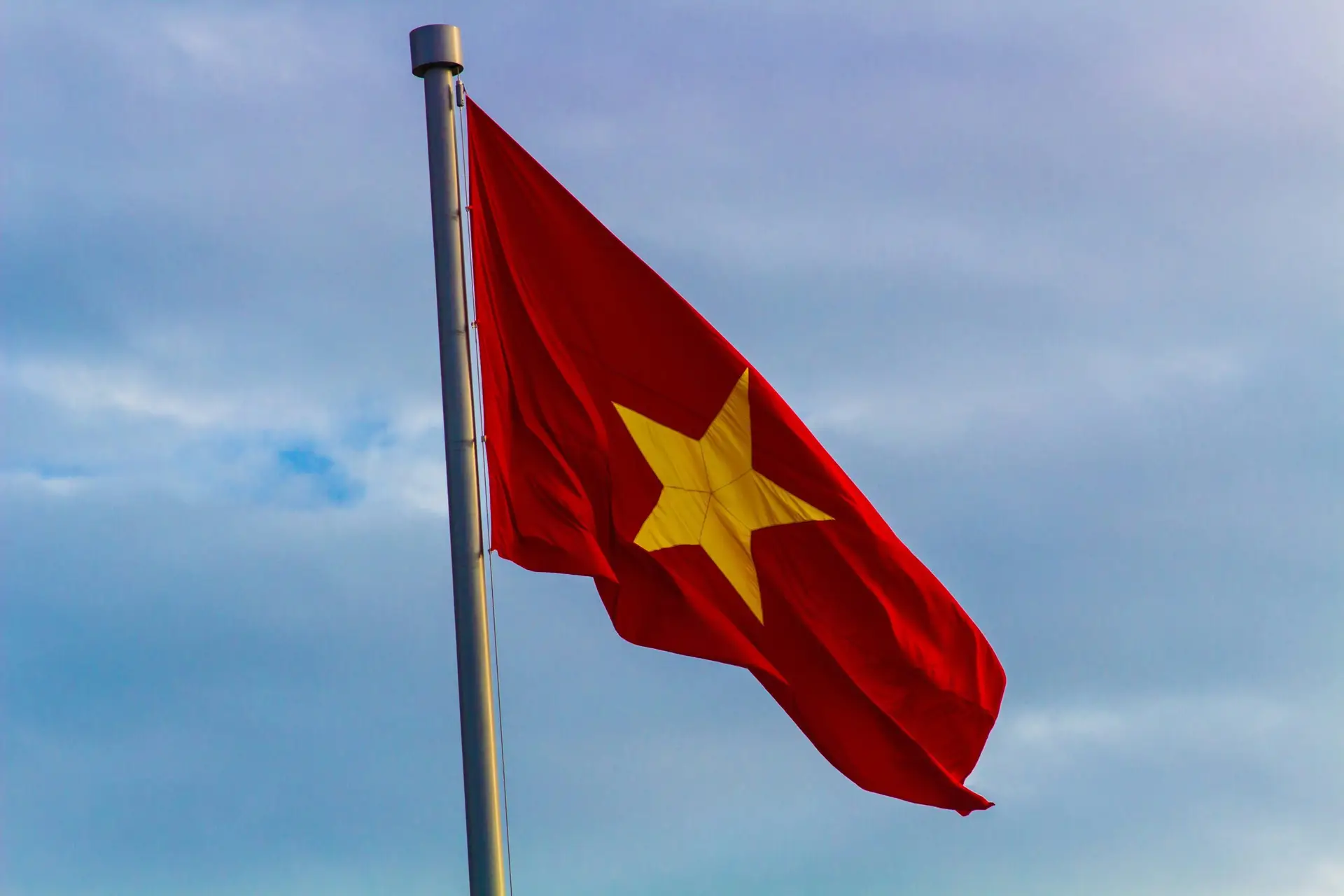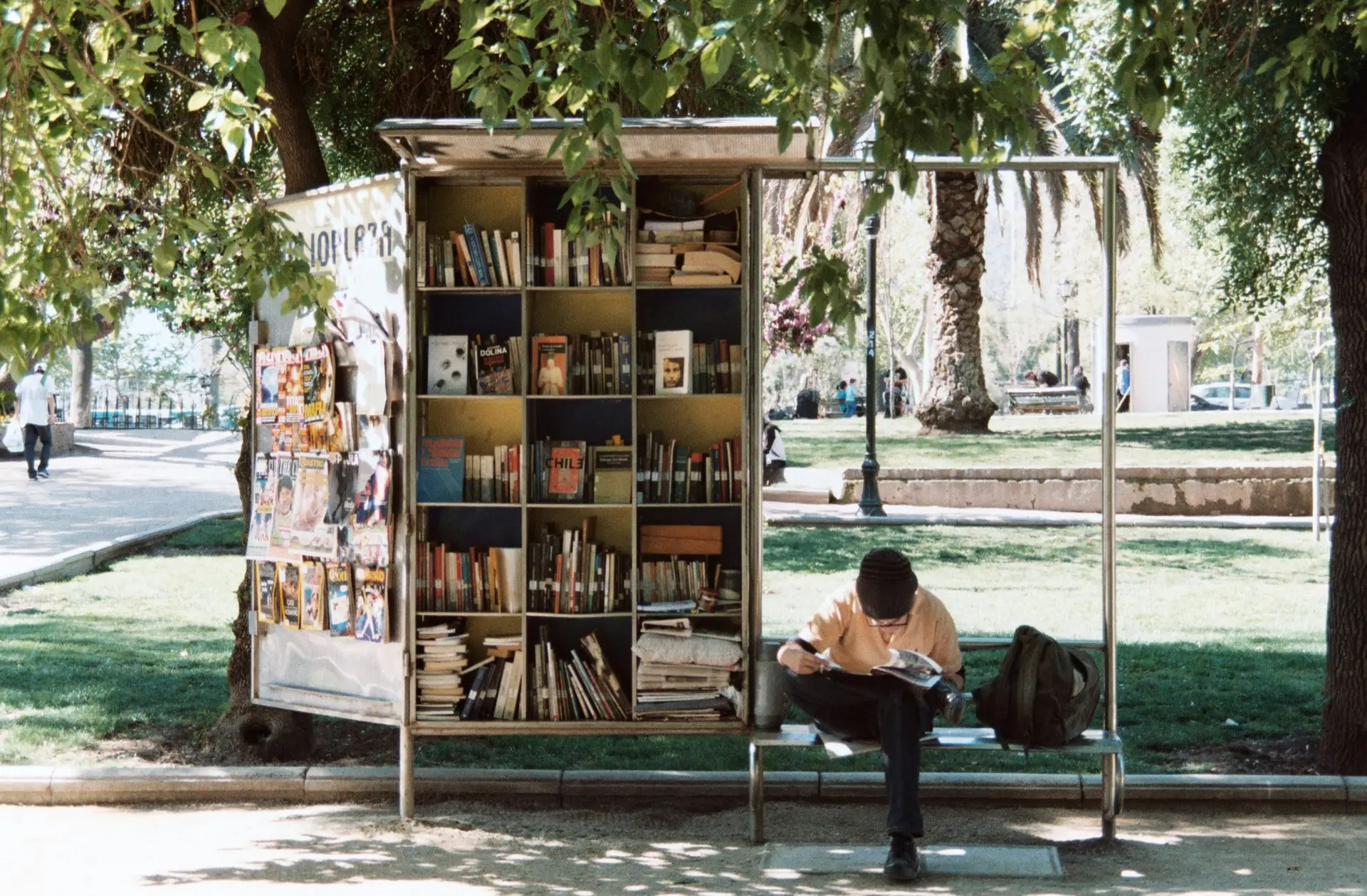
10 Best Chilean Books That Will Surprise You
What are the best Chilean Books? If you ask any literary buff about Pablo Neruda, Isabel Allende, and Roberto Bolaño, they will surely know about these literary giants.
Here is a list of 10 of the best Vietnamese books & writers to read if you want to immerse yourself in Vietnamese culture.
The history of the Vietnamese people is fraught with sorrow, conflict, and change. After all, its political history is fraught with political and war turmoils like the August Revolution. The Vietnam War between North and South Vietnam, and subsequent attack of America on Vietnam.
So, it’s quite natural that poets, novelists, and writers of non-fiction in Vietnam have all been inspired by their personal experiences in the political arena. All of these experiences have inspired them to create moving works that reflect on everything they have been through. And, of course, reading Vietnamese books is a great way to know about Vietnam.
However, before getting to know the best Vietnamese books & writers, let’s briefly take a look at Vietnamese literature and how it evolved over time.
Vietnam has a long, storied history, with many significant events and periods contributing profoundly to the development of its rich literary tradition. The progression of Vietnamese literature has been deeply influenced by these historical incidents. Each of these historical events have left an incredible mark on the country’s cultural fabric.
The literature of Vietnam, like a mirror, reflects the journey of the nation through time. Vietnam was under Chinese rule for a millennium before the 11th century. Hence most of the written material from that period is in Classical Chinese. Throughout northern dominance, the Chinese script was the standard for many official documents, textbooks, and commercial transactions for a considerable time. The situation remained like this until the 20th century.
However, as Vietnam journeyed towards independence, a shift occurred in its literary scene. As time passed, Vietnam’s status improved, even though it was once considered beneath the Chinese. In the 18th century, when Nôm script briefly became the official script, many famous Vietnamese writers and poets blossomed using them.
To record the sounds of the Viet language, the Vietnamese developed this script from the 10th century, which borrowed heavily from Han’s pictography. Literature in Vietnam flourished after the advent of the Nôm script, which also represented a turning point in the Viet people’s sense of national identity.
While the Quốc Ngữ, which was created in the 16th century, did not become famous outside of missionary groups until the early 20th century when the French colonial administration mandated its use in French Indochina. Hence, virtually all Vietnamese literature was composed in this modern script.
Vietnam today is home to 54 distinct ethnic groups. Interestingly, some have preserved their ancient scripts, while others haven’t. Shifting focus to the languages of certain smaller ethnic groups, they have evolved considerably. They now boast an enriched vocabulary and advanced grammar and syntax. Still, the Vietnamese language is the most widely used.
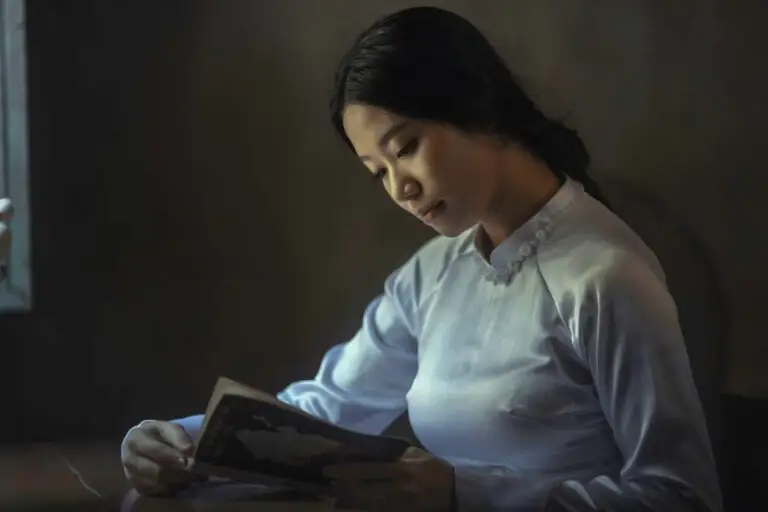
In the era of French colonial rule, the romanized script Quốc ngữ was widely adopted, allowing Vietnamese literature for the first time to break away from the shackles of ancient Chinese literature.
The French colonial educational system used Quốc ngữ, created by French Jesuit missionary Alexandre de Rhodes (1591-1660), to spread Roman Catholicism but was first rejected by Confucian academics like Vietnamese Nguyễn Đình Chiểu, who called it “the writing of heretics.” Vietnam’s intellectuals didn’t see the importance of Quốc ngữ as a platform for spreading anti-colonial and nationalist sentiment until after the “Renovation” movement of 1907.
In the revolutionary era, efforts were made to standardize prose, poetry, and criticism in Romanized Vietnamese literature. Vietnamese writers consistently applied a dynamic and flexible style in their work to keep audiences informed of current events and societal evolutions.
This was due to expanding literacy across the nation, spurred by advanced printing techniques. These innovations facilitated the production of books, newspapers, and magazines. Following two resistance wars, the Vietnamese are now focused on nation-building, industrialization, and modernization. Such a period of change and energy brings dynamism to Vietnamese literature.
Thus, by exploring the works of contemporary Vietnamese authors, you can understand these conflicts’ impact as they shape the people’s character and voice. Now, let’s discuss the best Vietnamese books.
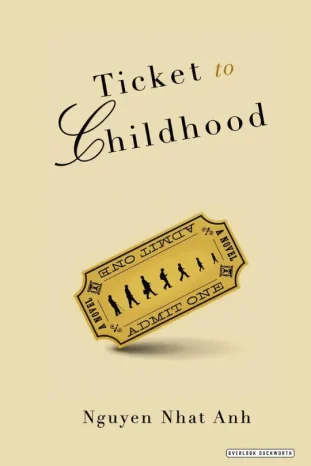
“Ticket to Childhood” is a short piece about the past and the present. The adult narrator reflects on his eight-year-old self, a time of greater freedom. He contrasts his worldview then and now. As he shares, he freely adapts stories and anecdotes, often adding fictional elements. For instance, he includes cell phones prominently in one recollection, a clear fabrication.
As we hear about the narrator’s misadventures and mistakes, we meet his long-lost friends, none of whom can forget how full their lives used to be. Even though Nguyễn Nhật Ánh can’t take us back to our childhoods, he does a great job of capturing those simple times. In sum, this Vietnamese book is the story of a man who looks back on his life and shows the abundance of a Vietnamese child.
“Ticket to Childhood”, as one of the most famous Vietnamese books, is available on Amazon.
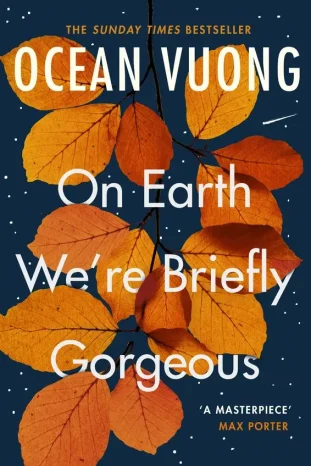
The first book by Ocean Vuong is a heartbreaking story about a family, a first love, and how stories can heal. “On Earth We’re Briefly Gorgeous” is a letter from a son to his mother, who can’t read nor write. Written when the speaker, Little Dog, is in his late twenties, the letter digs up a family history that started before he was born and had its center in Vietnam. It depicts the challenges faced by a mother and her son in expressing their love for each other in a single-parent family, yet they manage to do so.
This Vietnamese book poses critical queries about an America rife with addiction, violence, and trauma. Yet, it also emphasizes compassion and tenderness. It explores the strength in sharing personal stories and the oppressive silence of being unheard.
Ocean Vuong portrays characters caught between two worlds. He questions how we can heal and support each other without losing our identities. This vital debut book discusses finding joy in life. It is, indeed, a significant contribution to recent literature.
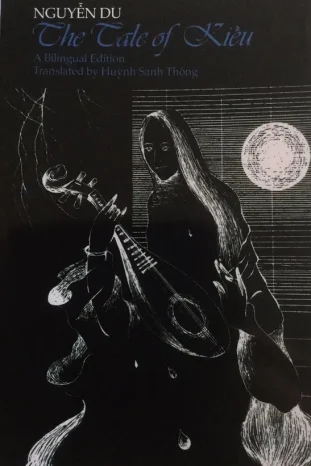
“Of course, when two kin spirits meet
One tie soon binds them in a knot none can yank loose.”
Since it came out in the early 1800s, this long story poem has been the best piece of Vietnamese literature without any competition. The poem, originally titled “Đoạn Trường Tân Thanh,” recounts the life, trials, and tribulations of its protagonist, Thúy Kiều. Kiều is a young, beautiful, and talented woman who sacrifices herself to save her family. Throughout the narrative, Kiều maintains her virtue and integrity, despite the hardship she encounters. The narrative is a powerful exploration of morality, society, the role of women, and the strength of human character.
“The Tale of Kieu” is a visual exploration of the classic Vietnamese epic poem “Truyện Kiều” by Nguyễn Du from the 19th century. As a work of art that every Vietnamese person knows and is widely printed in Vietnamese Literature textbooks, this Vietnam book (English version is beautifully translated by Huỳnh Sanh Thông) is easy to understand with the “double seven, six-eight” rule.
However, what makes this one of the most famous books by Vietnamese authors is the art of “playing” with words, sentences, and verses to paint a new picture with music and rhythm. You can find out more about the original “The Tale of Kieu” here.
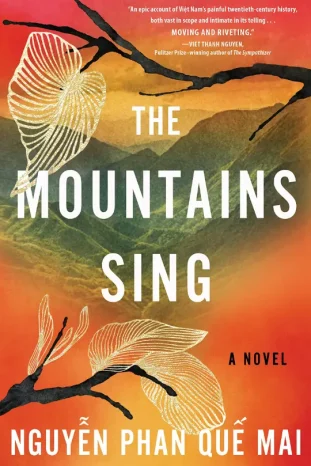
“The Mountains Sing” is a vivid and of the best Vietnamese fiction books steeped in the country’s language and culture by Dr. Nguyễn Phan Quế Ma. It shows the human costs of the war from the point of view of the Vietnamese people and shows the true power of kindness and hope.
The story is told through the eyes of two strong female characters: Trần Diệu Lan, a grandmother who had to flee from her family farm during the Land Reform in the 1950s, and her granddaughter, Hương. Hương, also known as Guava, grows up amid the turmoil of the Vietnam War. Trần Diệu Lan shares the family’s history with Hương through stories of tenacity and resilience.
These tales span the French colonial era, the horrors of the Vietnam War, and the country’s subsequent reunification. Despite the many trials and tragedies the family endures, the stories are underlined by a sense of hope, endurance, and the unyielding bonds of family.
It is one of the best historical books about Vietnam that spans generations. You can also explore more if you like to read the best historical fiction books.
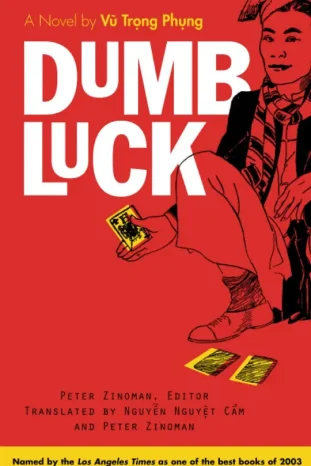
Dumb Luck, by the controversial and influential Vietnamese writer Vũ Trọng Phụng, was banned in Vietnam until 1986. The piece serves as a sharp, biting satire that criticizes the thrust for modernization in Vietnam during the twilight of the colonial era. First seeing the light of day in Hanoi in 1936, this work presents a compelling narrative.
The story unfolds around a shrewd and streetwise drifter known as Red-haired Xuan. Remarkably, his journey takes an unusual turn as he experiences an unexpected ascent within the stratified colonial society.
This is the first translation of an essential work by Vũ Trọng Phụng, who may have been the best Vietnamese writer of the 20th century. You will like this book because of its clever plot, well-developed characters, funny tone, and capitalism. As one of the best Vietnamese Books, this one will be attractive to people who like to read books about Vietnam, especially its colonial and postcolonial history, and Southeast Asian culture.
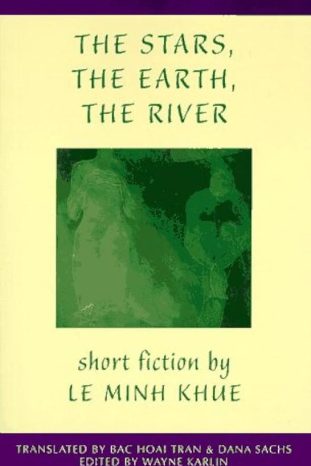
“The Stars, The Earth, The River: Short Stories” by Lê Minh Khuê is a short story collection that delves into the haunting and resilient aspects of the human spirit. Khuê’s stories revolve around the experiences of ordinary people during the Vietnam War and its aftermath. Her narrative captures the raw realities of war, emphasizing the struggle, survival, and resilience of her characters. Despite the grim backdrop, Khuê’s stories also reveal moments of humanity, compassion, and hope.
One of the standout elements of Khuê’s writing is her ability to depict the Vietnamese landscape with vivid detail. Her descriptions, whether of war-torn fields or rural villages, are potent and immersive.
They act as a silent character in each story, reflecting the emotional states of her characters. It is one of the best books by Vietnamese authors as Lê Minh Khuê is known for her unflinching depiction of the war’s impact on the people of Vietnam.
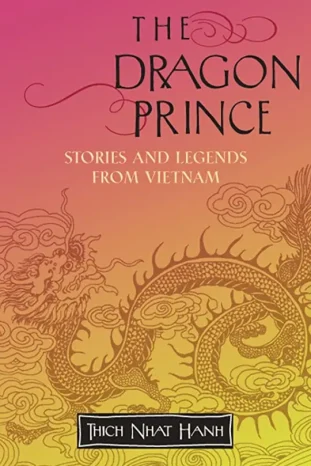
This is a second short story collection in our list and it is one of the best books about Vietnam. It is written by the Zen master, poet, and peace activist Thich Nhat Hanh that tells 15 stories and legends from Vietnam. As in many of his teachings, Nhất Hạnh focuses on themes of cooperation and reconciliation while giving a rich introduction to the imaginary parts of Vietnamese culture.
There are stories about how the world was made, wars, food, and customs. They are meant to teach “mindfulness,” or awareness of what is happening right now. Imaginary characters weave in and out of the lives of real people and events in this book about Vietnam. As one of the best Vietnamese Books, this one is a beautiful blend of fiction and reality, magic and fantasy, leading to a profound understanding of how all beings are connected.
The stories show how important “true seeing” is and focus on transcendence instead of pain. Thich Nhat Hanh’s skill as one of the famous Vietnamese authors is demonstrated by the fact that The Dragon Prince is full of well-told stories written in poetic style.
“The Dragon Prince – Stories and Legends from Vietnam” is available on Amazon.
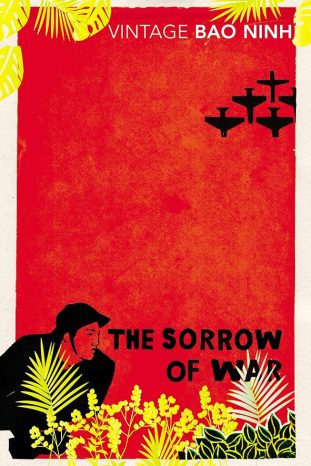
“The Sorrow of War” examines how trauma can change a person’s memory. It suggests disturbing memories of violence and destruction can change a person’s thoughts. Kien, a former soldier in North Vietnam, keeps reliving the worst days of his life because of his traumatic memories of the Vietnam War. He often gets lost in vivid scenes from his past, scenes that make it impossible for him to find peace and happiness in his life after the war. Kien doesn’t try to get away from these memories, though.
Instead, he writes a book about his experiences during the war. For all intents and purposes, the novel itself, called “The Sorrow of War,” is broken up because Kien’s memories mix together and don’t follow a precise order. This lack of demand or chronology seems to be a result of Kien’s trauma: his memories are so strong that they come back to him at the most unexpected times, drowning out the present.
In sum, it is one of the best books on Vietnamese history by the author Bảo Ninh, which gives a bittersweet picture of what it’s like to move on after a terrible event, suggesting that sometimes happy memories can be as powerful as bad ones. I also recently covered this one of the best Vietnamese fiction books in War books post.
“The Sorrow of War: A Novel of North Vietnam” is available on Amazon.
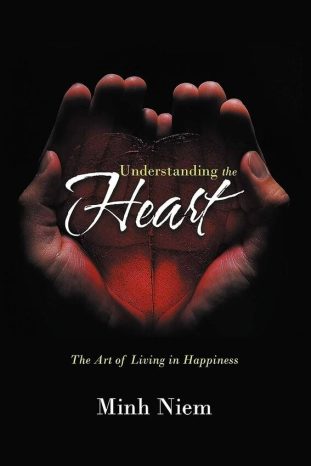
“Understanding the Heart: The Art of Living in Happiness” is a Vietnamese book that explains the different levels of good and bad feelings people experience daily. Just as exercise gives us physical endurance, understanding our emotions gives us mental endurance. The more we know about them, the more stable and calm our hearts are when facing suffering, hardship, or unfairness.
As one of the best books by Vietnamese authors, it is a mix of meditation and the art of living. The author, Minh Niệm, doesn’t use professional terms about Buddhism. Instead, he writes in a close and straightforward way so everyone can understand his humanistic messages. As one of the best Vietnamese Books, this one is a great place to start if you are new to spirituality and meditation.
If you are interested in learning more about self-help and motivation, you can check my post on self development books.
“Understanding the Heart: The Art of Living in Happiness” is available on Amazon as well.
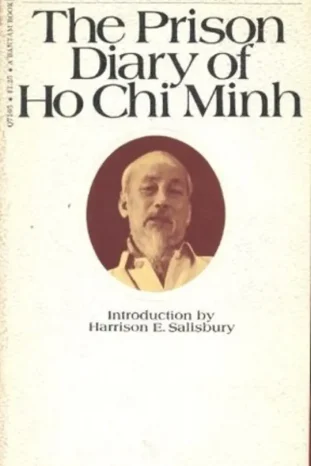
In 1942, the Vietnamese leader Hồ Chí Minh was arrested in China. He was on his way to meet with Chinese officials as a representative of the Vietnamese resistance. For the next 14 months, he was transferred from one prison to another. The poems that make up the Prison Diary were written during this time. They were first reported in a Chinese notebook (as writing in a language the guards could not understand would arouse suspicion).
The collection’s tone goes from describing nature’s beauty to explaining how bad things are in prison. Sometimes the author’s style is hopeful, sometimes it’s cuttingly sarcastic, and sometimes it’s hopeless because of his unfair situation. As one of the best Vietnamese Books, it is a fascinating look into a man’s mind who has to deal with things he can’t change.
Do you want global book, music, and movie recommendations straight to your inbox?
Sign up for the newsletter below!
If you like this article and are curious to read more, you can sign up for my newsletter below. Every two weeks, you will receive book, music, and movie tips from countries worldwide.
You may also like the following book posts!

What are the best Chilean Books? If you ask any literary buff about Pablo Neruda, Isabel Allende, and Roberto Bolaño, they will surely know about these literary giants.
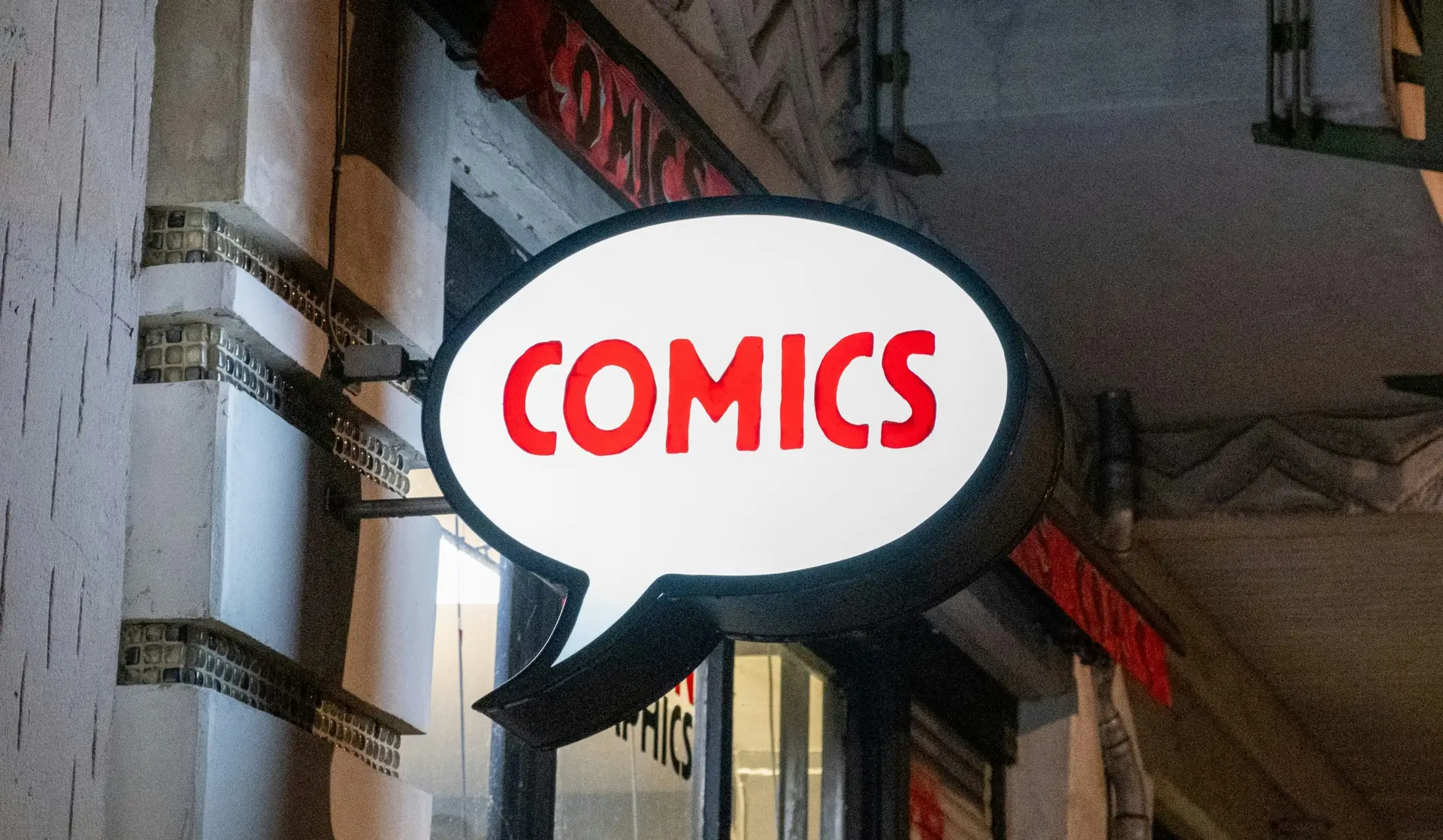
We all know how English literature by English writers is easily accessible. And it has been for a long time because a large part of

Now that we’re entering the holiday season, it’s an excellent time for reflection. And what a year it’s been. I changed jobs, got married, and
